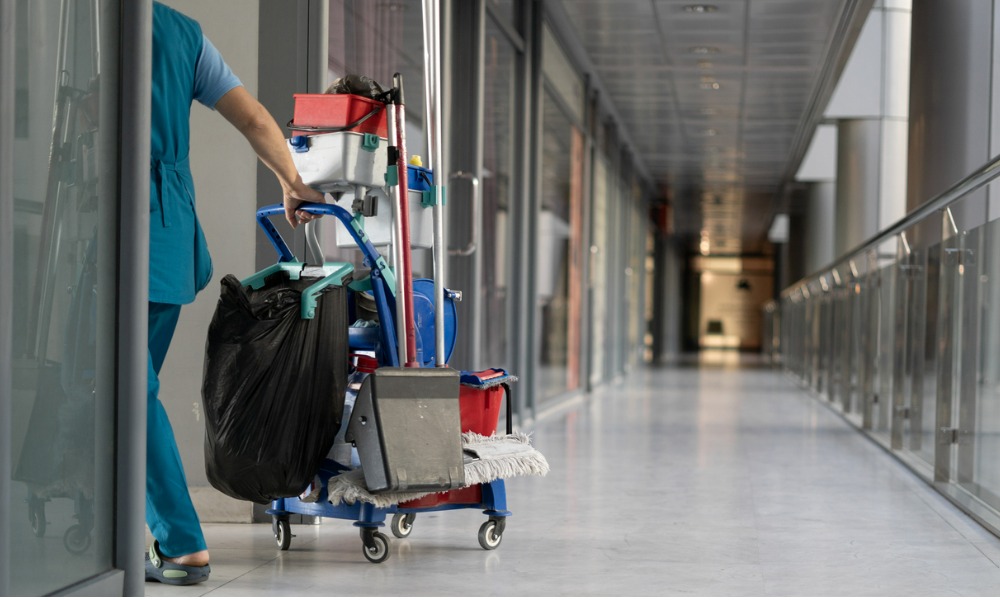
What are the top 4 contributing factors?

Seventy-nine per cent of New Zealand's general practitioners (GP) are suffering from burnout, with the number reporting high levels of burnout going up.
These were the findings of The Royal New Zealand College of General Practitioners 2022 Workforce Survey, which sought the responses of 3,488 individuals.
Among them are 3,356 respondents who are or had worked in general practice three months prior to the survey. According to the report, 48% of them are reporting high levels of burnout, up from the 31% in the 2020 Workforce Survey.
Another 31% said they are "somewhat burnt out," while 21% said they are not burnt out at work. Factors that contributed to burnout include:
Links to retirement, profession's appeal
Burnout is not only affecting employees' mental health, but it is also influencing their retirement intentions and how much they plan to recommend the profession to others.
According to the report, GPs who are burnt out plan to retire:
"Forty per cent of respondents who feel burnt out intend to retire in the next five years, and this is higher than the percentage of GPs in general who intend to retire within the same timeframe (37%)," the report said.
Meanwhile, GPs who reported high levels of burnout said they are unlikely to recommend a career in general practice (44%), with only 25% saying they would still likely recommend it.
More 'tangible actions' needed
GPs are now in a "more precarious position than ever" and not enough action is done to address the challenges plaguing the workforce, according to Wellington-based GP Samantha Murton, College President.
"To truly highlight the immediacy of the situation, if the 425 specialist GPs aged 65 and over retired immediately, we estimate there would be 725,000 more New Zealanders without a doctor," Murton said in a media release.
According to the president, New Zealand is at a "tipping point" and citizens will be at risk if there are fewer GPs and rural hospital doctors because of retirement and burnout.
"While we were pleased to see positive progress last year with an increase in funding for GP training, we need to see more tangible actions in this year's Budget as well as urgent action to support and value the GP workforce," Murton said.